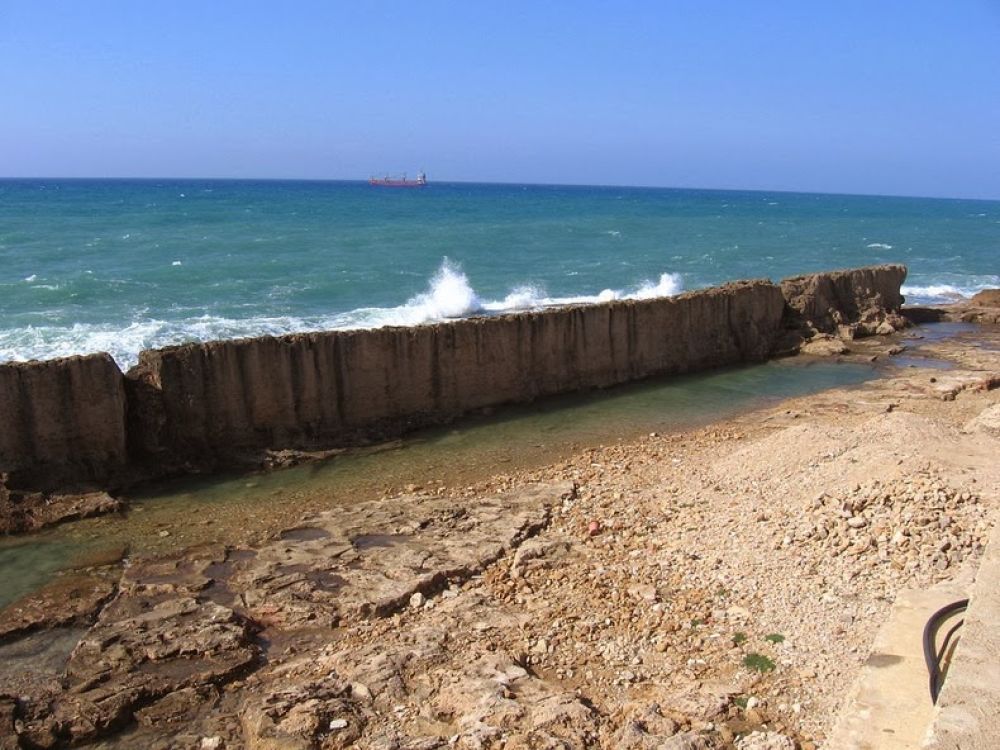

Byblos, known locally as Jbeil, is one of the oldest continuously inhabited cities in the world. Its history dates back around 7000 years, with its ancient port playing a significant role in the rise and fall of many civilizations. Regarded as the birthplace of the Phoenician alphabet, which is the precursor to modern writing systems, Byblos has an undeniable historical significance.
Tourism in Byblos, and Lebanon as a whole, has a rich history, characterized by the interplay of cultural heritage and natural beauty. The region began attracting travelers and explorers in the 19th century when European adventurers and scholars started exploring the ancient lands of the Phoenicians.
In the 20th century, the establishment of Lebanon as a modern state with its diverse cultural landscape further solidified its appeal to tourists, particularly Byblos. Recognizing its historical value, significant archaeological excavations were undertaken, revealing layers of ancient history and making it a hotspot for those interested in the cradle of civilization.
The Ancient Phoenician Wall, part of Byblos Old Town's ruins, stands as a testament to the city's historical defense system. The wall, believed to have been built around 2700 BC to protect the city from invasions, became an attractive site for tourists who wanted to connect with ancient times. Byblos' Old Town, with its winding medieval streets, traditional Lebanese architecture, and the majestic ruins, attracted history buffs, academics, and casual tourists alike.
In recent years, Byblos and Lebanon have adapted to global tourism trends. With visitors increasingly seeking authentic and immersive travel experiences, Byblos offers cultural festivals, such as the Byblos International Festival, which brings together a blend of local and international music, art, and performance.
The focus has also shifted towards sustainable tourism, with initiatives to preserve the historical integrity of sites like the Ancient Phoenician Wall while accommodating eco-friendly tourism practices.
Culinary tourism is another growing trend, as Lebanese cuisine gains international recognition. Visitors to Byblos can enjoy traditional dishes and local wines in ancient stone houses that have been converted into charming restaurants and cafés.
When planning a visit to Byblos, tourists are encouraged to explore the archaeological sites, including the Ancient Phoenician Wall, Byblos Castle, and the historic harbor. Soaking in the vibrant culture and enjoying the hospitality of local Byblians provide a rich tapestry of experiences.
Although recent economic and political challenges in Lebanon have impacted tourism, the country's wealth of cultural heritage sites like Byblos continues to draw visitors. The local government and international organizations are working to ensure that these historical treasures are preserved for future generations of tourists and locals alike.
Note: Visitors should check the latest travel advisories and local conditions when planning a trip to Byblos, as the situation can change rapidly.